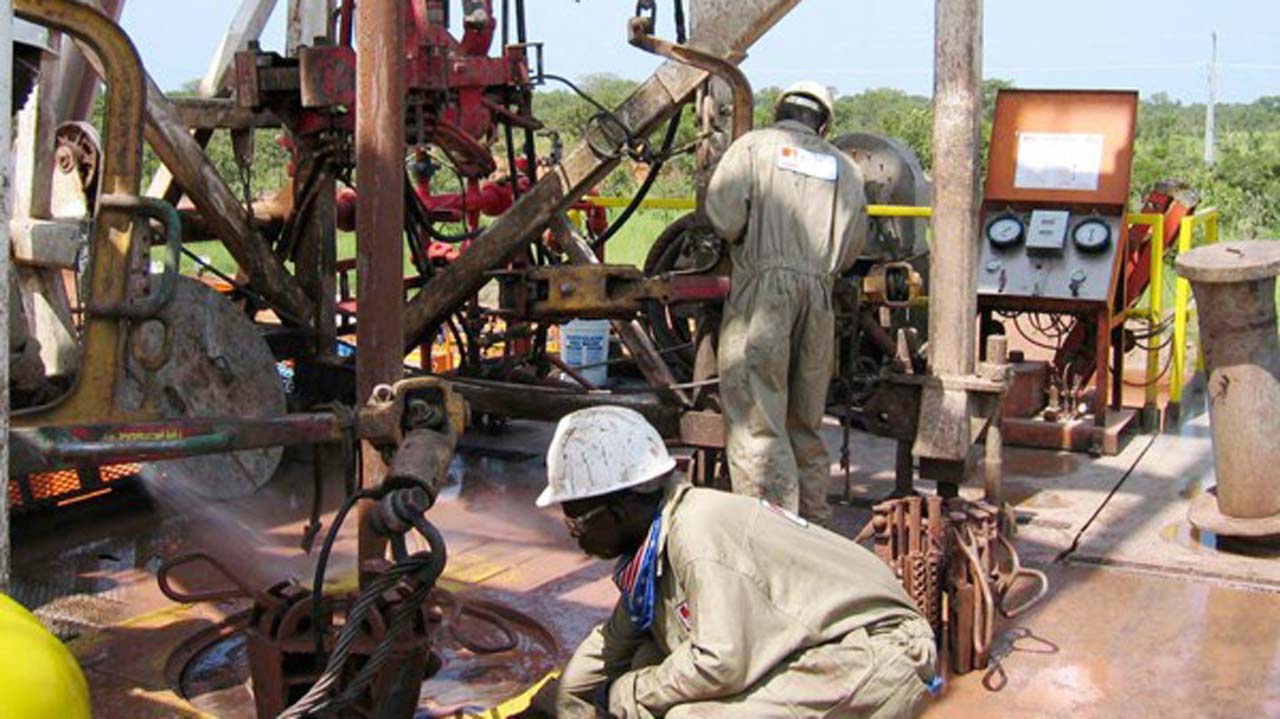Cash crunch may continue to hold sway as the Organisation of Petroleum Exporting Countries (OPEC), in its monthly oil market report for August 2023, revealed that Nigeria’s oil output fell by 13.6 per cent to 1.08 million barrels per day (mb/d) in July 2023.
This indicates a 0.16 mb/d decrease from the 1.25 mb/d produced in June 2023. This implies that the country is still operating below its capacity, below the current quota of 1.7 mb/d allocated by OPEC.
Furthermore this is below the 2023 budget target of 1.69 mb/d which raises more concern when considering OPEC’s decision to cut Nigeria’s crude oil production quota to 1.38 mb/d from January 2024. As a matter of urgency, Nigeria must continue to improve its crude oil production for the rest of the year to boost export earnings from the market, especially as demand is expected to rise, owing to prevailing geopolitical uncertainties in Europe.
Strengthening security networks in the sector can help track and reduce leakages resulting from bunkering, vandalization, and other illegal activities that limit crude oil production capacity. Ensuring transparency in the industry is vital to curb the under-reporting of actual outputs. The government can employ public-private partnerships such as increasing production through sector investments and replacing and repairing ageing infrastructure to address additional issues. Increased industry output is beneficial since it can help the country achieve its goals of growing revenues, raising foreign reserves, and reducing current fiscal deficits.









